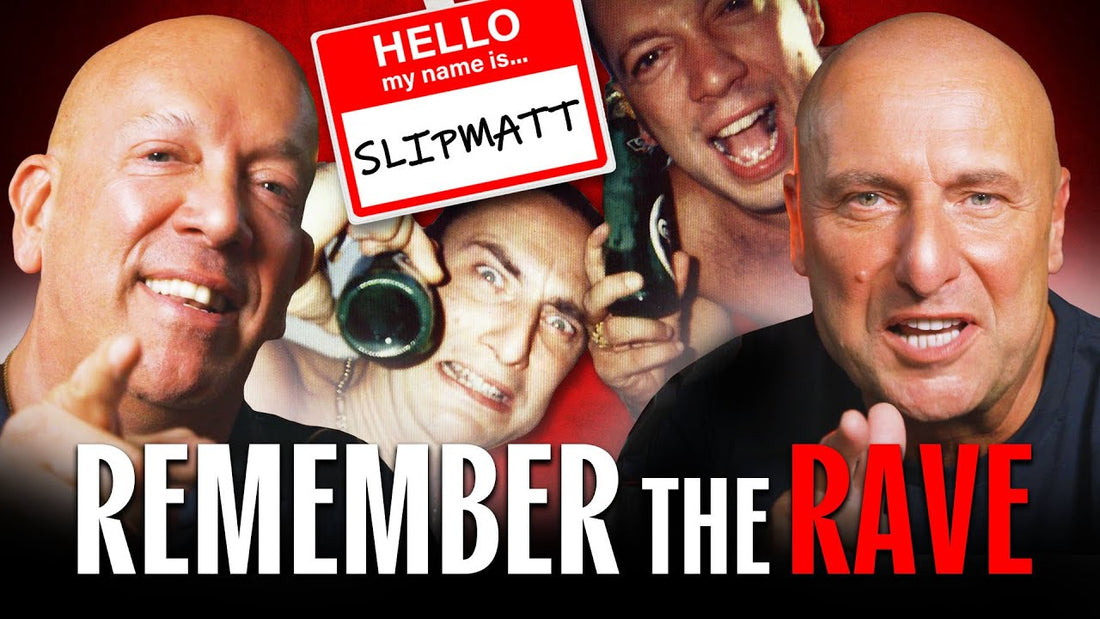Hardcore,” Slipmatt has been a cornerstone of the dance music scene since the late ‘80s. In a recent Criminal Connection Podcast interview with Terry “Turbo” Stone, he opened up about his early days, the birth of SL2, the evolution of rave culture, and some outrageous stories from the road.
From Essex Bedroom to Rain Dance Main Stage
Slipmatt — born Matt Nelson — grew up on the Essex/London border in a big family. Music was in his blood early, spinning soul, electro, and hip hop before falling in love with house in 1986.
By September 1989, he was behind the decks at the legendary Rain Dance — conveniently run by his brother. “Officially, that’s where it started for me as a rave DJ,” he recalled. Before that, it was smaller bars and clubs under the name DJ Nelson, master of the mix.
The timing couldn’t have been better — 1988–89 was the turning point when mainstream clubs started transforming into all-night raves.
Pirate Radio, SL2, and XL Recordings
Before the big shows, Slipmatt and his school friend Lime launched a pirate radio station — Raw FM 104.4 — broadcasting from a squat on Hackney Marshes. They used it to promote events and build their following.
By early 1989, they had recorded their first SL2 track. “We were DJing and making tunes before Rain Dance,” Slipmatt said. After a couple of underground releases, their track “DJs Take Control” blew up in 1991. Within months, XL Recordings — home to The Prodigy — signed them.
That deal took SL2 to Top of the Pops three times, with chart hits like On a Ragga Tip. The bookings flooded in, and they toured relentlessly with MC Jay and dancers Kelly & Jo.
The Wild West of 90s Rave Touring
The conversation turned to the chaotic side of the rave scene — especially international gigs.
In Canada, promoters greeted them with limos and “bags of goodies” — then later tried to bill them for it. Slipmatt remembers armed martial arts shop runs, CS gas, and a general sense of “we might not make it out alive… but it was fun.”
Ibiza trips were equally mad — from tables and chairs in swimming pools to befriending Welsh ravers dressed as Power Rangers. “You never knew what was going to happen,” Slipmatt laughed. “It was carefree… you couldn’t get away with that now.”
How the Club Scene Changed
Slipmatt has seen the full arc of UK nightlife. In the late ‘80s and early ‘90s, ravers would hit Thursday-to-Monday club runs — often for as little as 50p entry and drinks. Now, he says, people go out less often, mostly for big one-off events.
“Weekly clubs are rare now,” he explained. “Fabric is one of the few still doing it. Back then, everyone had their regular spot.”
Musical Versatility: Hardcore, House, Garage, and More
Although best known for hardcore and old school rave, Slipmatt has always had deep house roots. In the mid-’90s he played house under his real name at venues like The Aquarium. Over the years he’s also spun jungle, drum & bass, and UK garage sets.
These days, he focuses heavily on house and old school — headlining major nostalgia events like Moondance and running his own Slip Back in Time week-long Ibiza takeover.
Awards, Accolades, and Staying Power
Through the 1990s, Slipmatt picked up multiple Best DJ awards from KISS FM Hardcore, Moondance, and other promotions. His longevity comes down to five things:
- Work ethic – “I’m a hard worker and a bit of a workaholic.”
- Tenacity – “If it’s working, I’ll keep it going.”
- Responsibility – “No blaming others — it’s down to me.”
- Thoroughness – Always prepared for gigs.
- Gratitude – Appreciating every moment.
He also stresses the importance of reading the crowd, staying flexible with setlists, and mixing it up to avoid repetition.
Advice for Aspiring DJs in 2025
Slipmatt says modern DJs need to be prepared for the long haul — the late nights, travel, and self-promotion. The landscape has shifted: producing tracks and building a following on platforms like SoundCloud, Instagram, and TikTok can fast-track success.
“Making a big tune can get you booked,” he admits, “even if your mixing’s not perfect. But the craft still matters.”
Memorable (and Bizarre) Moments
The podcast was full of laugh-out-loud anecdotes, from waking up in Heathrow thinking he was still in Germany, to EastEnders-inspired panic over a romantic encounter in Canada.
And then there were the Ibiza Power Rangers — Welsh ravers who followed the crew for days in different coloured superhero suits. “They had a new outfit every night,” Slipmatt remembered. “That’s the 90s for you.”
The Future: Books, Beats, and Big Nights Out
At nearly 60, Slipmatt has no plans to slow down. He’s working on a book combining his life story with tips on becoming a world-class DJ. He’s also keen to spend more time in the studio making new music.
Meanwhile, Slip Back in Time Ibiza continues to sell out — with 600 hotel packages and 1,500-capacity club nights. The next edition is already on sale.
Why Slipmatt Remains a Rave Icon
Four decades in, Slipmatt’s passion for the scene hasn’t faded. He’s stayed relevant by:
- Adapting to changes in music and technology
- Keeping his sets fresh and versatile
- Building community — from pirate radio days to TikTok lives
- Never losing the joy of making people dance
In an era when many DJs burn out, Slipmatt remains a living link between the golden age of rave and the modern dancefloor.

